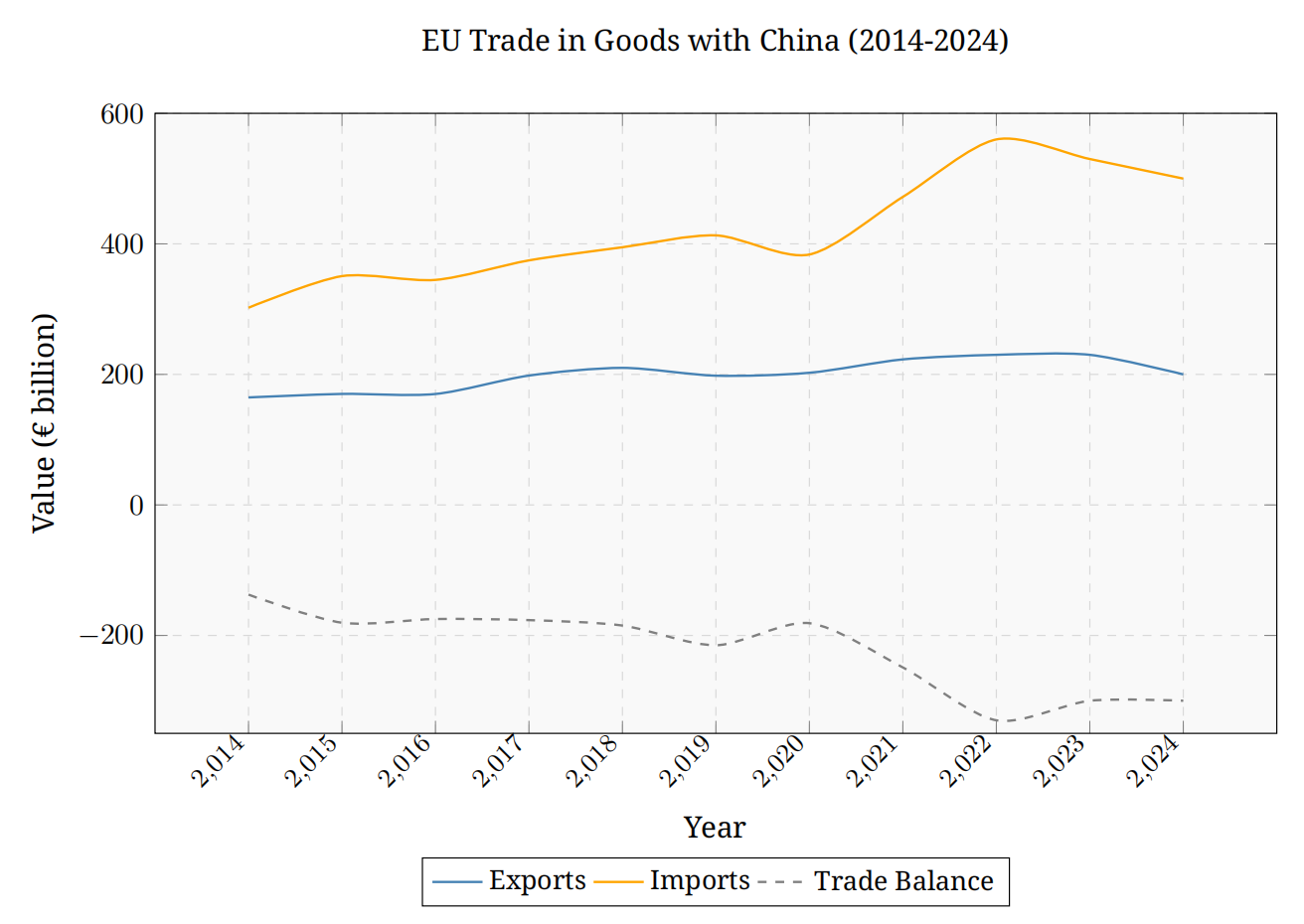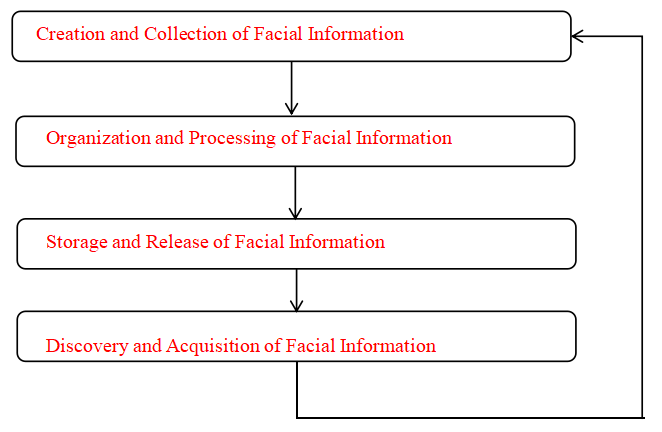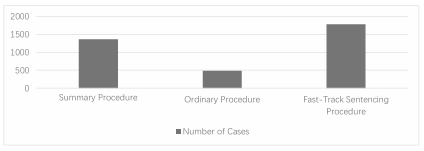

Volume 121
Published on November 2025Volume title: Proceedings of the 4th International Conference on International Law and Legal Policy
In view of the high incidence of information network crimes, the Amendment (IX) to the Criminal Law of mainland China added the offence of aiding information network criminal activities, aiming at cutting off the chain of cybercrime and preventing information network crimes. However, in judicial practice, there are great differences in the determination standard of "knowledge", which has become a key difficulty in the judgement of crime and non-crime. In this regard, the presumption of "knowledge" should be explicitly adopted, and the subjective knowledge of the perpetrator should be presumed through the basic facts, in order to cope with the difficulty of obtaining evidence. At the same time, the term "knowingly" should be interpreted as meaning that the perpetrator clearly recognised or should have known of the unlawfulness of the act of assistance, rather than generalising it to mean that he or she "may have known". In addition, it is not appropriate to mechanically equate the object of knowledge - "another person using information network to commit a crime" - with a completed offence in the sense of a sub-rule of the Criminal Law. Instead, it should be based on the logic of criminalisation of the act, adopt independent judgment, emphasise the ambiguity of the perpetrator's cognition of the improper act and causal foresight, so as to achieve a balance between combating crime and safeguarding rights, and maintain the principle of modesty of criminal law.

 View pdf
View pdf


Against the background of the transformation of the global climate governance system, this study systematically examines the institutional practice of China's Energy Law in aligning with the goals of Nationally Determined Contributions (NDCs) using the normative coordination theory as the analytical framework. The research shows that the Energy Law has established a strategic orientation for low-carbon transformation through the reconstruction of value goals, and constructed a legal framework to undertake NDC commitments by means of innovative mechanisms such as the dual control system for carbon emissions and the mandatory renewable energy consumption system. However, in practice, it still faces coordination dilemmas such as insufficient coordination among energy-specific laws, imperfect carbon emission monitoring and verification systems, and the impact of changes in international rules. To this end, it is necessary to promote the systematic revision of the energy legal system, strengthen the operational rules of key systems, enhance the ability to adapt to international rules, and improve the funding and technical guarantee mechanisms, ultimately realizing the transformation of NDC goals from international commitments to domestic governance effectiveness.

 View pdf
View pdf



The European Union’s Data Act (DEAP) establishes a robust legal framework to regulate cross-border data flows, emphasizing data accessibility, privacy protection, and innovation. This study critically evaluates DEAP’s provisions, highlighting its strengths in promoting standardized data-sharing mechanisms and user rights, while identifying limitations, such as potential compliance burdens for businesses and ambiguities in enforcement across jurisdictions. Through a comparative analysis with China’s Personal Information Protection Law (PIPL) and Cybersecurity Law (CSL), the study explores how DEAP’s balanced approach could inform China’s data governance regime. It examines challenges in EU-China data transfers, including divergent regulatory philosophies and technical barriers, and assesses DEAP’s alignment with global data governance paradigms. The analysis suggests that China could adapt DEAP’s principles, such as enhanced data portability and interoperability, to bolster its digital economy while addressing sovereignty concerns. By fostering equitable data flows, DEAP offers valuable lessons for China to refine its data governance framework, potentially facilitating smoother EU-China digital trade relations.

 View pdf
View pdf


Ethnic minority education policy refers to the series of educational systems and measures that national and local governments have continuously formulated, adjusted, and implemented over different historical periods to improve educational opportunities for ethnic minority groups, ensure educational equity, and promote social integration. As scholars delve deeper into policy formulation and implementation, the literature has explored the learning and career development of ethnic minority students under different policies, their social identity, and the allocation of educational resources during policy implementation. This article will review and summarize these aspects, drawing on the literature, analyze the significance of ethnic minority education policy in contemporary society, and the challenges it faces, contributing to future policy improvements.

 View pdf
View pdf



Facial information, as a highly identifiable biometric trait, possesses triple legal attributes: sensitive information, biometric information, and personality interests. Based on the particularity of facial information, this paper analyzes the operational mechanisms of existing facial recognition technologies and systematically examines the processing logic and regulatory status of facial information throughout its full data lifecycle. The impact of facial recognition technology on personal information protection is primarily reflected in three aspects: legitimacy disputes in the information collection stage, technical risks during information processing, and rights infringements during information use. After analyzing these inherent contradictions, this paper proposes systematic response strategies from both legal regulation and technical governance perspectives.

 View pdf
View pdf



The system of leniency for guilty pleas and acceptance of punishment is conducive to promoting the rational allocation of judicial resources, thereby advancing the high-quality development of criminal justice work. However, current academic research mainly focuses on the prosecution review and trial stages, while studies on the application of this system at the investigation stage remain inadequate. Based on an empirical analysis of 3617 judicial documents from 2019 to 2024, this paper concludes that the application of the system of leniency for guilty pleas and acceptance of punishment at the investigation stage faces three dilemmas: a "high" pre-litigation detention rate, "unmanifested" hierarchical sentencing leniency, and the transformation of duty lawyers into "witnesses". Therefore, it is urgent to promote the application of non-custodial measures in cases involving guilty pleas and acceptance of punishment, establish a stepwise sentencing leniency mechanism, and give full play to the role of duty lawyers. These measures aim to improve and standardize the application of the system of leniency for guilty pleas and acceptance of punishment at the investigation stage.

 View pdf
View pdf


The rapid growth of generative AI (GAI) has transformed how artistic works are created and raised new challenges for copyright law. The traditional safe harbor regime is under strain. Due to widespread and instant outputs by GAI, the old notice-and-takedown approach no longer works. This paper reviews the main academic views on the liability of GAI platforms and the scope of safe harbor protection. It identifies three main positions: complete rejection of immunity, conditional immunity with new duties, and structural reform of liability rules. It explains the reasons and limits of each view. Based on this review, the paper proposes a “duty-based exemption” model: a limited immunity system that matches the platform’s level of control, the predictability of risk, and the benefits received. This model aims to balance copyright protection with technological innovation.

 View pdf
View pdf




